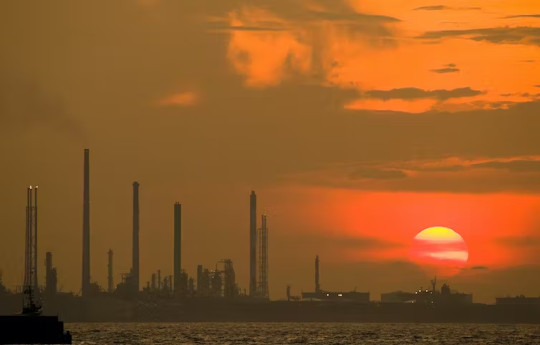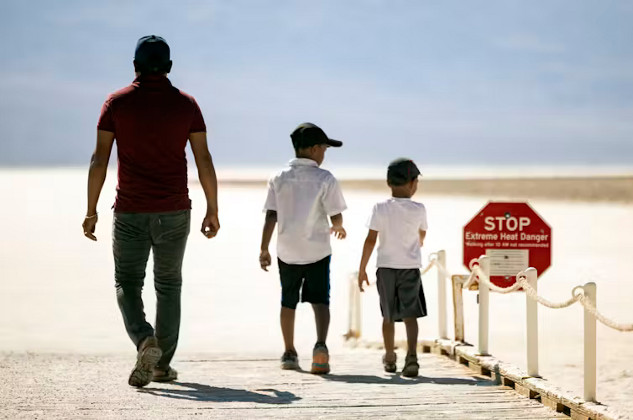
Extreme heat waves across the globe in 2024 are breaking records, but this isn’t just a typical summer. With temperatures hitting unprecedented highs, climate change plays a significant role in these heat events. Explore the connections between global warming and these dangerous heat waves and learn how this trend is reshaping our future.

Indigenous climate wisdom provides vital insights into sustainability and resilience. Discover how ancient knowledge can transform our battle against climate change and help us adapt to a warmer world.
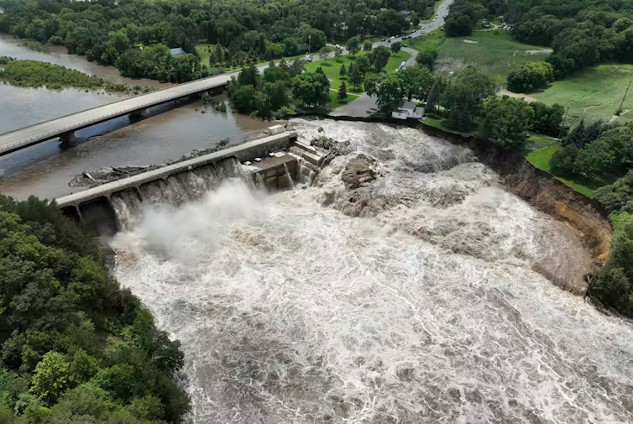
Climate change is increasing stress on thousands of aging dams across the US.
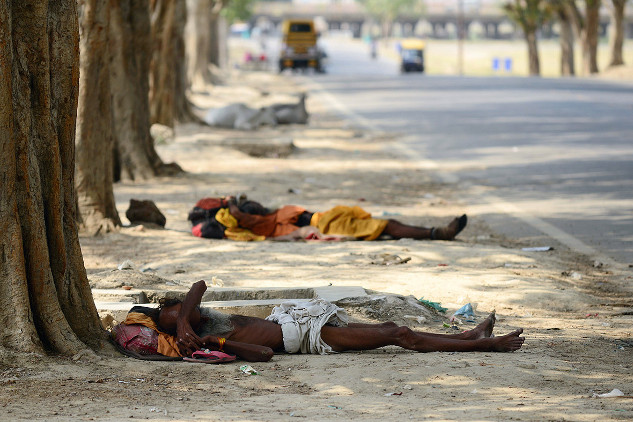
The Delhi heatwave is testing the limits of human endurance. Other hot countries should beware and prepare
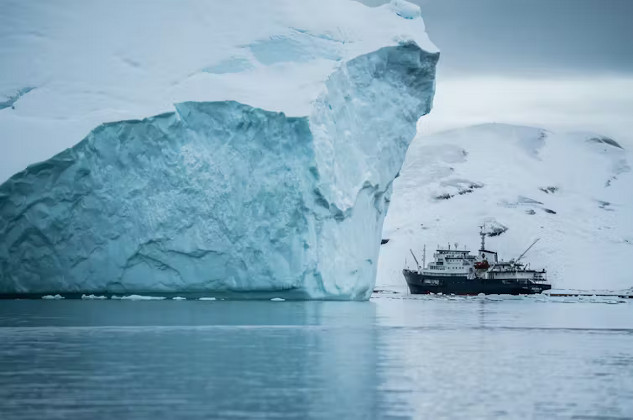
Is collapse of the Atlantic Ocean circulation really imminent? Icebergs’ history reveals some clues
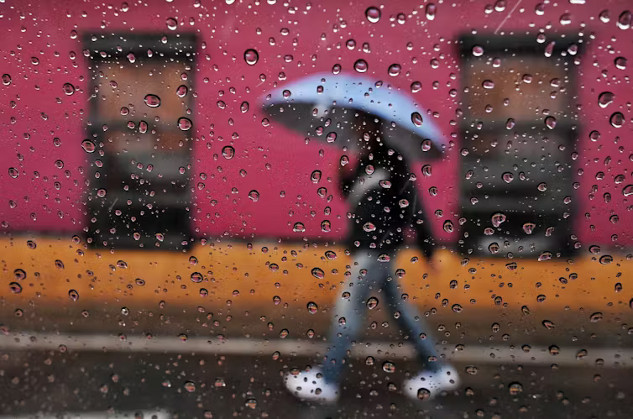
La Niña is coming, raising the chances of a dangerous Atlantic hurricane season – an atmospheric scientist explains this climate phenomenon...
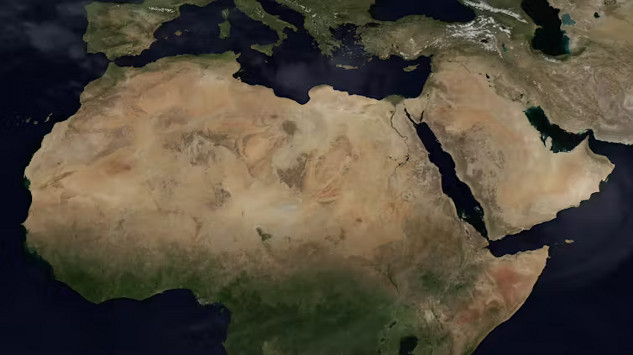
Africa dramatically dried out 5,500 years ago – our new study may warn us of future climate tipping points.
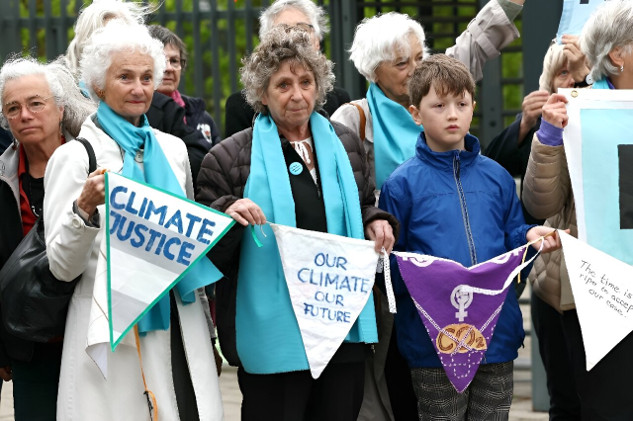
Older Swiss women just set a global legal precedent for challenging their nation’s climate change policy...
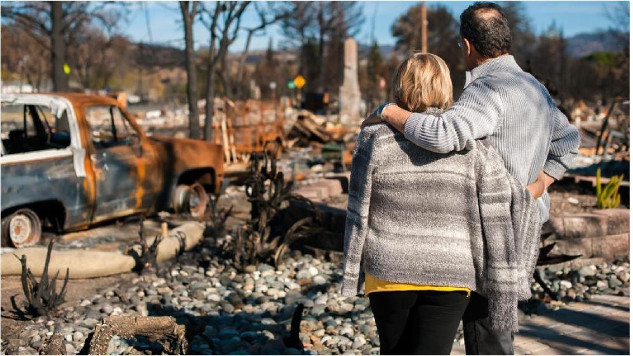
As the world grapples with climate change, a looming crisis is unfolding in the United States housing market.
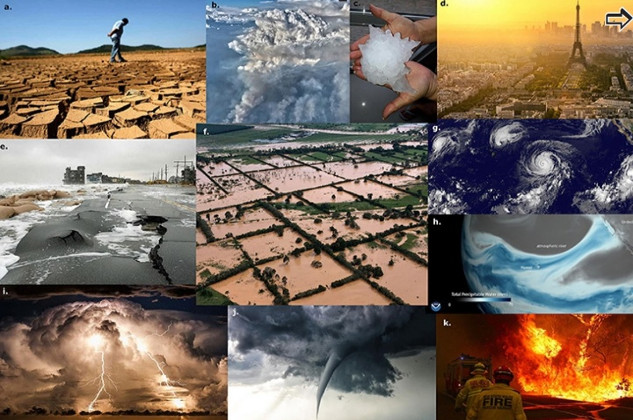
Tornadoes, wildfires and other disasters tell a story of vulnerability and recovery in America.
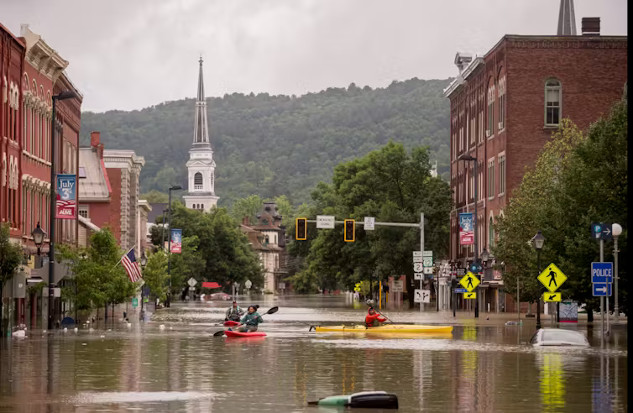
2023’s extreme storms, heat and wildfires broke records – a scientist explains how global warming fuels climate disasters

In the past few weeks, climate records have shattered across the globe. July 4 was the hottest global average day on record, breaking the new record set the previous day.
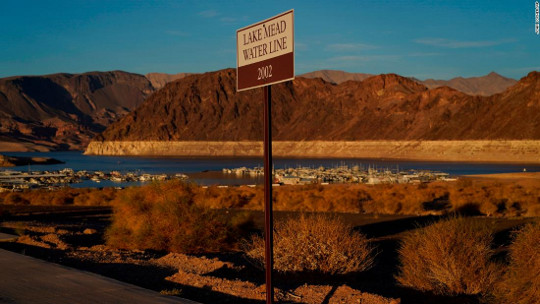
Rivers around the world have been drying up recently. The Loire in France broke records in mid-August for its low water levels, while photos circulating online show the mighty Danube, Rhine, Yangtze and Colorado rivers all but reduced to trickles.
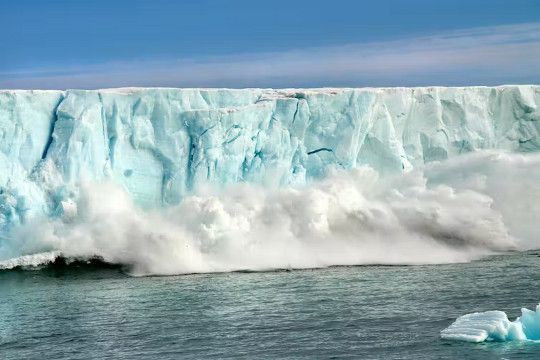
The Earth is approximately 1.1? warmer than it was at the start of the industrial revolution. That warming has not been uniform, with some regions warming at a far greater pace. One such region is the Arctic.
- By John Spicer
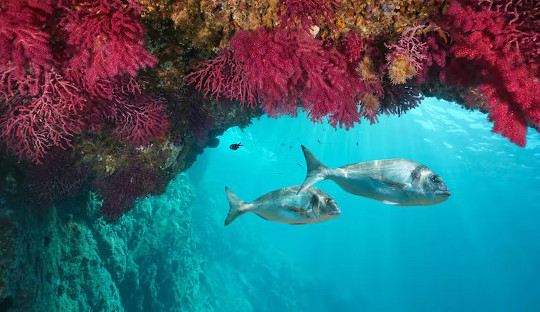
The ocean sustains all life on our planet. It provides food to eat and oxygen to breathe, while playing a key role in moderating our climate.
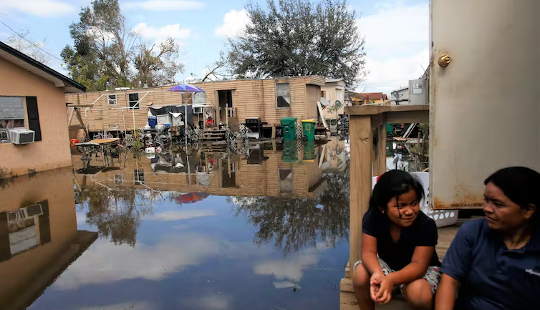
Climate change can exacerbate a full 58% of the infectious diseases that humans come in contact with worldwide, from common waterborne viruses to deadly diseases like plague, our new research shows.
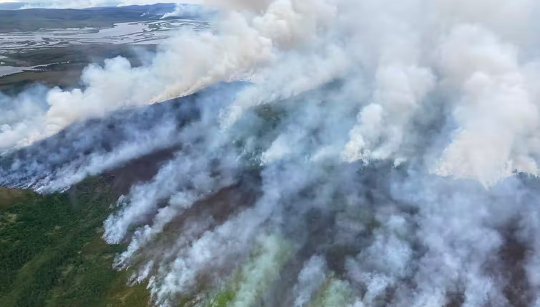
Alaska is on pace for another historic wildfire year, with its fastest start to the fire season on record.
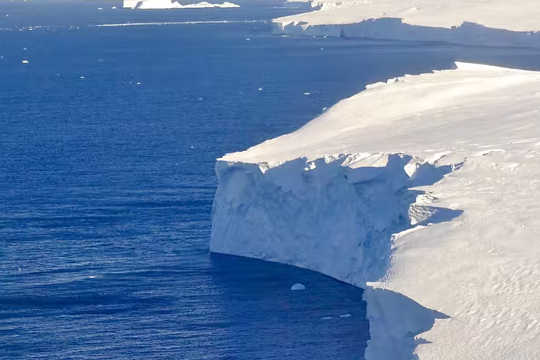
Flying over Antarctica, it’s hard to see what all the fuss is about. Like a gigantic wedding cake, the frosting of snow on top of the world’s largest ice sheet looks smooth and unblemished, beautiful and perfectly white. Little swirls of snow dunes cover the surface.
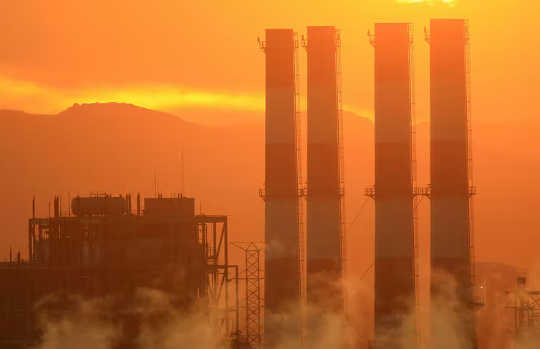
By now, few people question the reality that humans are altering Earth’s climate. The real question is: How quickly can we halt, even reverse, the damage?
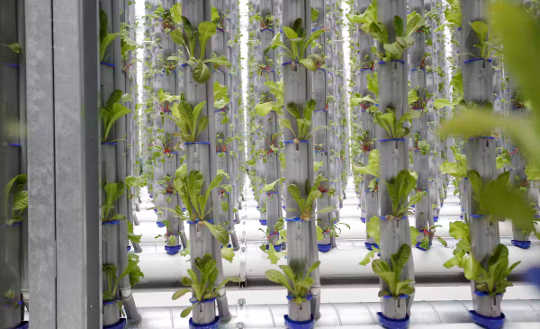
Globally, about one-third of all greenhouse gas emissions come from agriculture and food systems. The carbon footprint of food systems includes all the emissions from its growing, processing, transportation and waste.
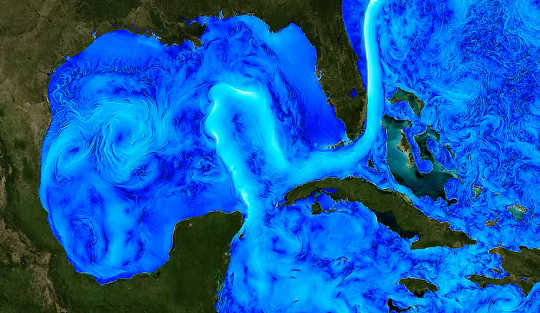
When the Loop Current reaches this far north this early in the hurricane season – especially during what’s forecast to be a busy season – it can spell disaster for folks along the Northern Gulf Coast, from Texas to Florida.
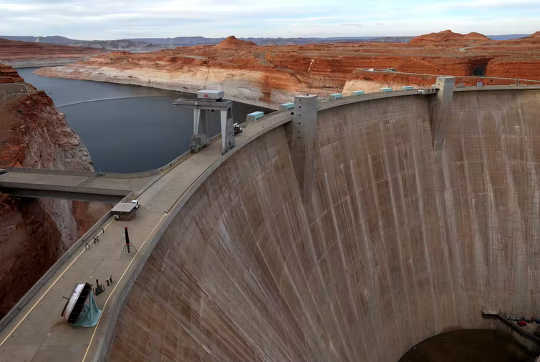
The water in Lake Powell, one of the nation’s largest reservoirs, has fallen so low amid the Western drought that federal officials are resorting to emergency measures to avoid shutting down hydroelectric power at the Glen Canyon Dam.

